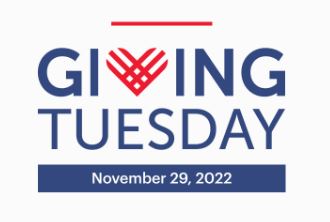Giving Tuesday is on November 29, and the Kansas Office of Attorney General is reminding residence that as you make any charitable donation this holiday season, make sure you are giving to reputable organizations and not a charity scam.
Here are some more tips to help you give safely:
- Support local, established charities. While there are many large, international organizations that do great work, your donations can often have a greater impact when they support a cause close to your community, where you can see the results of your donations.
- Watch out for names that sound alike. Scammers often make their organizations’ names sound very similar to other well-known charities.
- Be careful with telemarketers requesting contributions. Oftentimes, the telemarketer keeps a substantial portion of the donation. If you have questions about a solicitation, don’t be afraid to reach out to the charity directly.
- Ask questions to find out where your donations go. Ask for written information, including how much of the money raised is actually used for charitable purposes and how much will end up in the hands of the professional fundraiser.
- Ask if your donation is tax deductible. Not all donations to charities are tax deductible. You can check a charity’s status with the IRS at www.irs.gov. When in doubt, double-check with your tax preparer before assuming a donation will be tax deductible.
- Document your donation. Make the donation by credit card or check – not cash, wire transfer. A solicitor that asks for payment by wire transfer is potentially a red flag for scams. During the holidays, some charities will request gift card donations. Consider whether the gift card makes sense in the situation. For example, a charity donating Thanksgiving dinners to needy families might ask for a grocery store gift card for the turkey, but an Apple iTunes gift card may not make sense for the situation. If something doesn’t feel right to you, consider donating to a different cause. If you pay by check, make the check payable directly to the charitable organization, not to the fundraiser soliciting the donation. Ask for a receipt to show the amount of the donation and if you specified your donation toward a specific project.
The Office of the Attorney General is responsible for registration and enforcement of the Kansas Charitable Organizations and Solicitations Act and protecting consumers from fraudulent charitable and solicitation activities. For more tips or to check out a charity, visit www.InYourCornerKansas.org/charities. If you suspect a charity scam or fraud, or any other violation of charitable solicitation laws, you can file a complaint with our Consumer Protection Division online at the aforementioned website or by calling (800) 432-2310.








